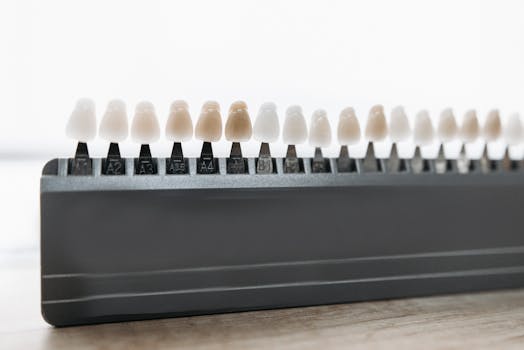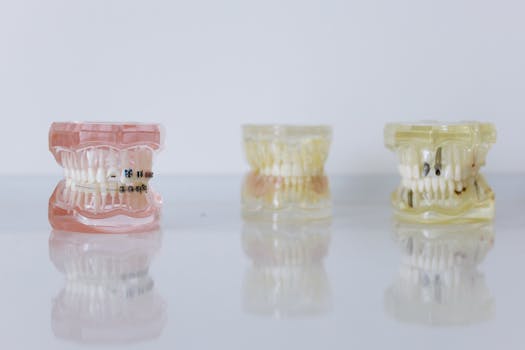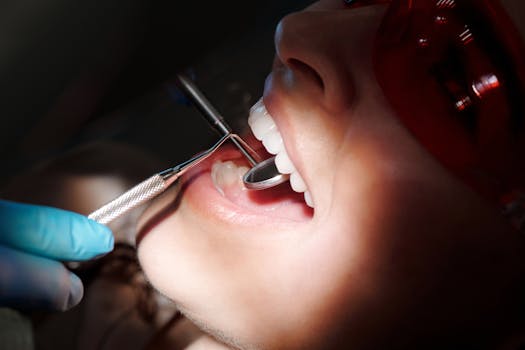You could do a foundation degree or degree in dental technology approved by the General Dental Council.
It's likely you'll need a degree to do advanced dental technology work.
Entry requirements
You'll usually need:
- at least 1 A level, or equivalent, for a foundation degree
- 2 to 3 A levels, or equivalent, for a degree







